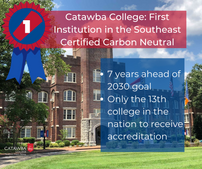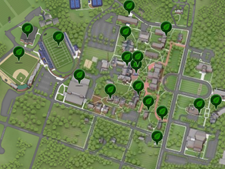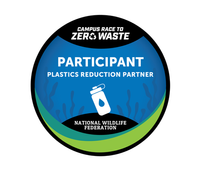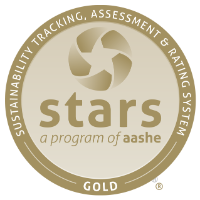
Sustainable Catawba
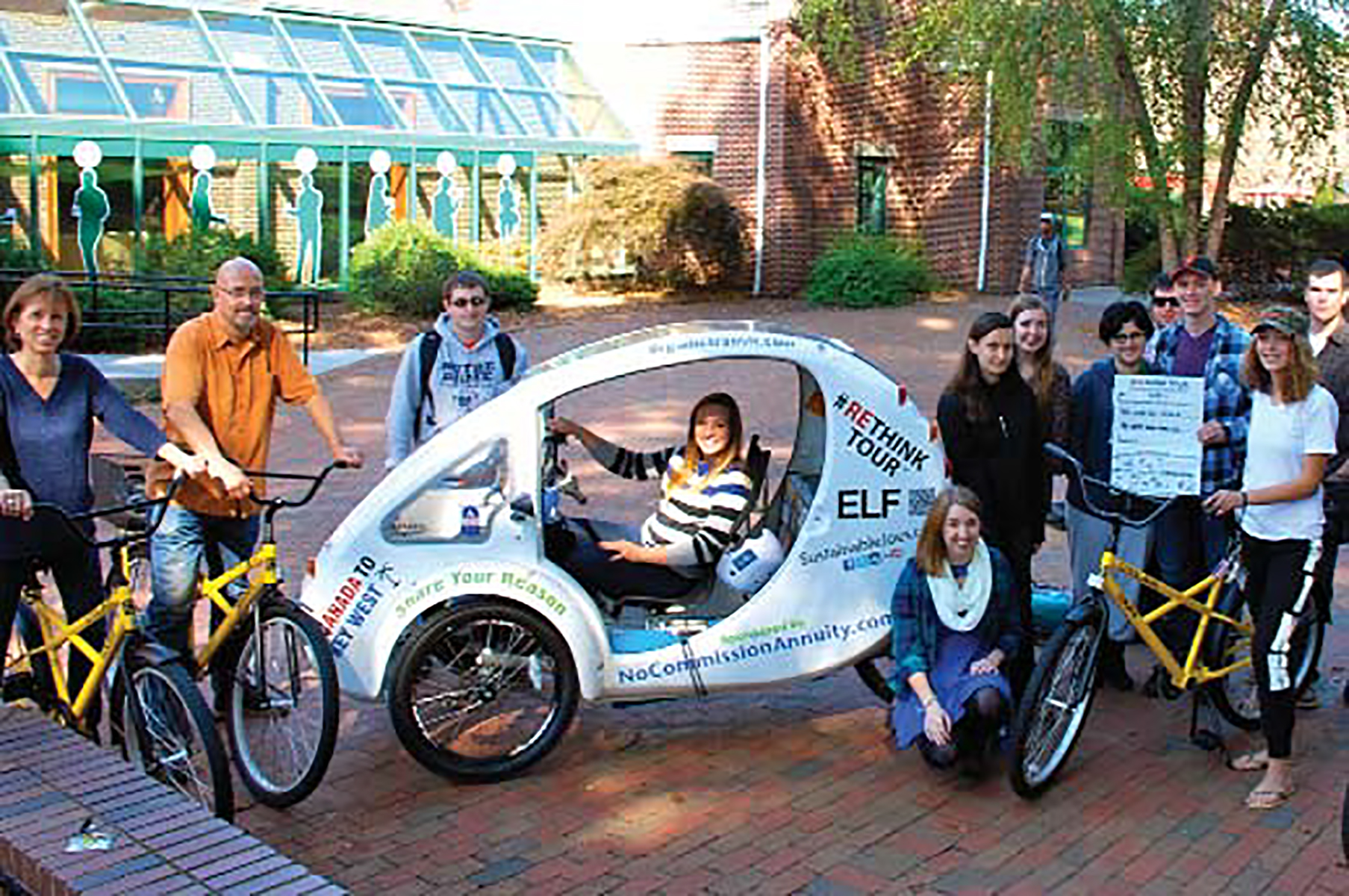
We believe that the small actions taken by each one of us day after day add up to make a big difference. We also believe we can do things together which make an impact that one person alone can’t achieve. We believe all of it matters!
Our community seeks to inspire and encourage one another in our sustainability efforts. Come join us!
Not sure where to start? We have a few tips for you, ways you can connect with others to do even more, and information on what we as Catawba are doing together.
Learn More
Initiatives & Successes
Carbon Neutrality
Catawba College is among the list of elite environmental colleges as the 13th nationwide and first certified institution in the Southeast to reach full carbon neutrality seven years ahead of its 2030 climate commitment. Second Nature, a non-profit organization working to accelerate climate action in and through higher education, confirmed Catawba College became the 13th college nationwide and first institute of higher learning in the Southeast to meet the group’s high standards for determining carbon neutrality.
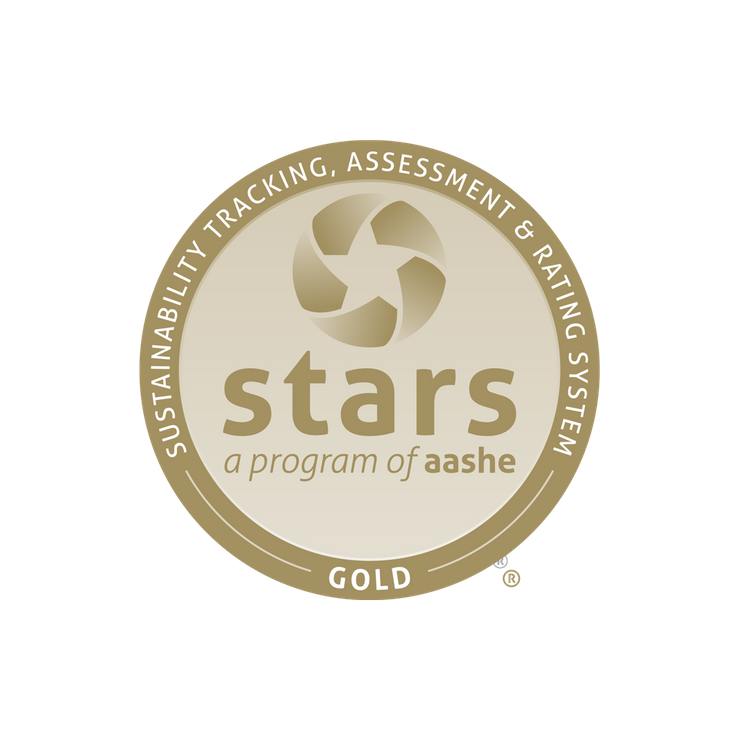
Gold STARS Rating For Sustainability Achievement
Catawba College earned a STARS Gold rating in recognition of its sustainability work from the Association for the Advancement of Sustainability in Higher Education (AASHE). STARS, the Sustainability Tracking, Assessment & Rating System measures and encourages sustainability in all aspects of higher education.
Geothermal Project

Geothermal Project
Spring 2024
We’re adding a closed-loop geothermal system to the College in our Chapel Circle green space.
Our geothermal system will provide efficient, clean energy to heat and cool the library. This new system will reduce at least 265 MMBTU of fossil gas and 145,724 kWh of purchased electrical energy usage each year. The carbon emissions associated with these savings equal 51 metric tons, or 11.3 gasoline-powered passenger vehicles driven for one year.
The Green Living Experience
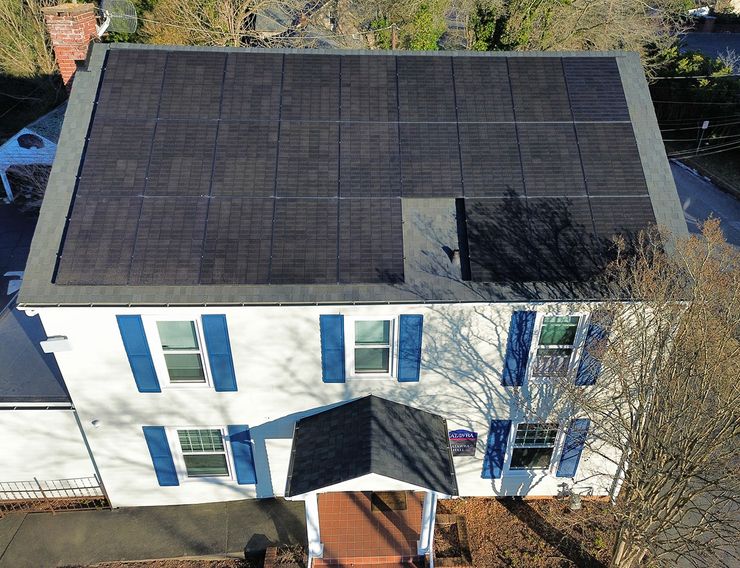
The Green Living Experience
Beginning Fall 2025, rising second and third-year students with a GPA of at least 3.0 are eligible to apply for a new type of residential living experience, The Green Living Experience at Catawba Hall. The Center for the Environment and Office of Student Affairs will support students' journeys in learning about, and practicing, living more sustainable lifestyles through a residential experience.
Solar Shelters
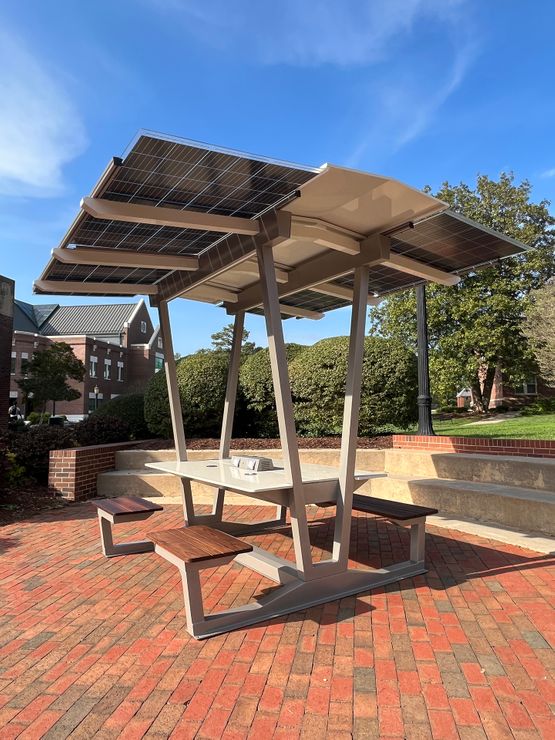
Solar Shelters
Catawba College is the first customer in the world for Spotlight Solar’s Haven Solar Shelters.
The North Carolina made Havens use bifacial solar panels to create electricity that is stored in batteries under the table top and lights that come on automatically in the evenings. Each one has sixteen different power options providing up to 605 watts of electricity, including four wireless charging pads, four 120V outlets, four USB A outlets, and four USB C outlets.
Two fully operational Havens are installed in Stanback Plaza, and three more are coming soon at the Library, Shuford Science Building, and near the Beach Volleyball courts.
By the Numbers
| 837 kW of on-campus solar installations | >200 tons of food waste composted since 2015 | 0 net greenhouse gas emissions |
Project Overview
The campus-wide solar installations at Catawba College include solar electric systems, solar water heating systems, campus-wide water fixture replacements and extra roof insulation.
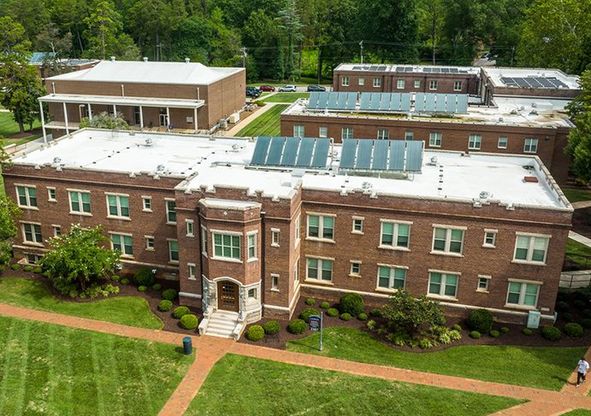
Photovoltaic panels use solar energy to serve the campus or send power back to the grid.
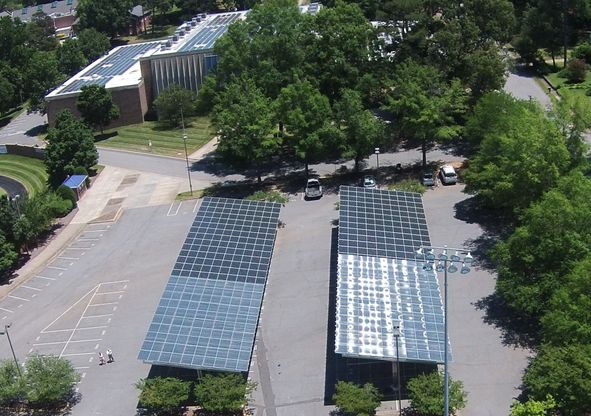
Solar thermal collectors use solar energy to generate heat, which is then used for hot water.
A Leading Sustainability College in the Southeast
We look at sustainability holistically and our roles in the environment. We provide our students with the skills and knowledge to change the world. Sustainability is not just an academic program at Catawba College, but a way of life.
Partners in Sustainability
Green Power Partner
The U.S. Environmental Protection Agency (EPA) has recognized Catawba College as a Green Power Partner. By using green power, Catawba is reducing its carbon footprint and supporting the transition to a clean energy future. Catawba College has 837 kilowatts of on-campus solar facilities, which produce a portion of its electricity. The College also has purchased Renewable Energy Credits from two North Carolina Solar Farms to cover the remainder of its power usage.
Plastics Reduction Partner
Catawba College is a Plastics Reduction Partner in the The National Wildlife Federation's certification program for colleges and universities taking action to reduce and remove single-use plastics on campus. taking the first step toward certification.
